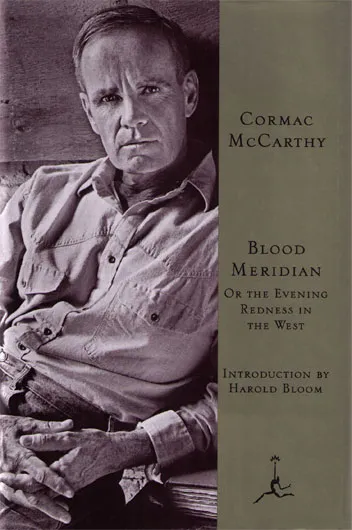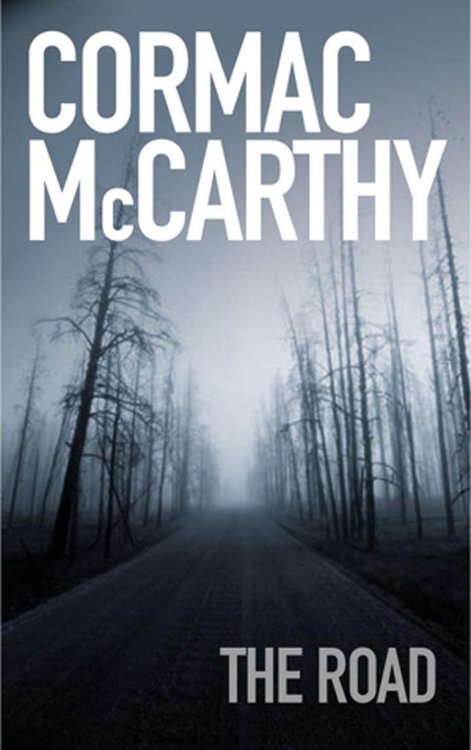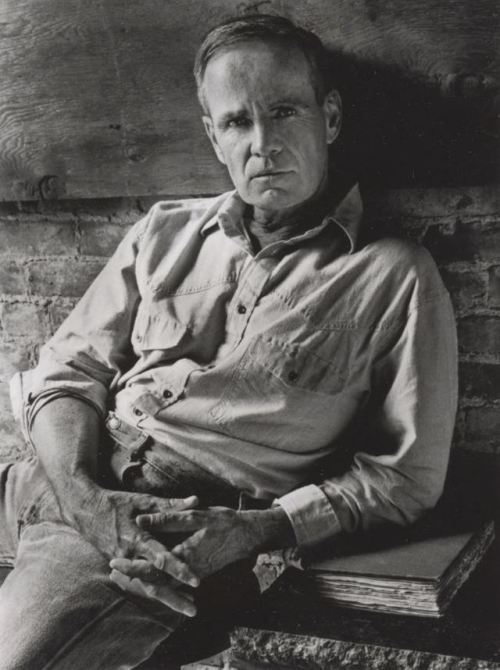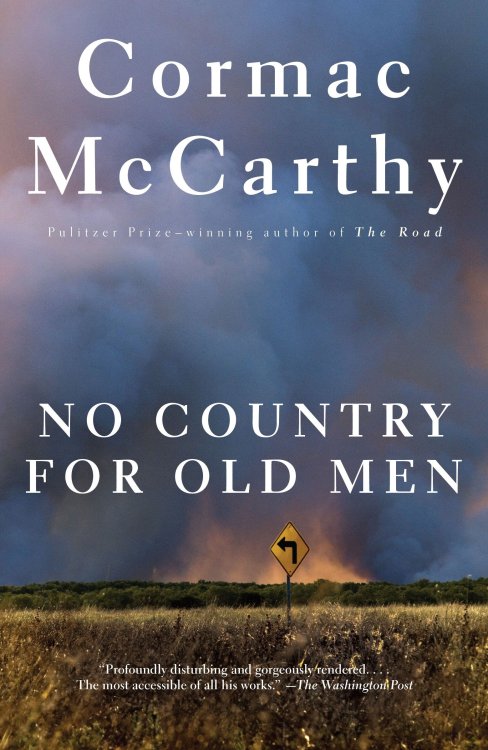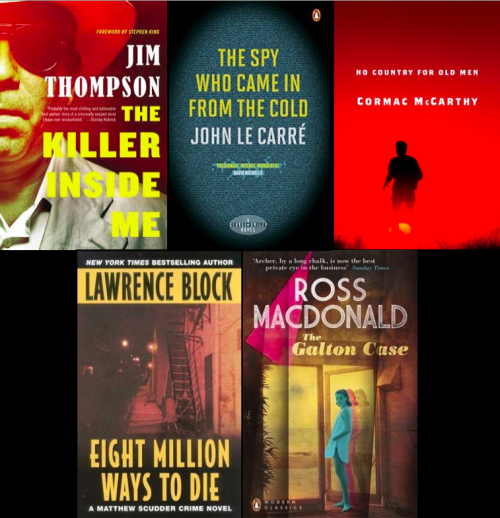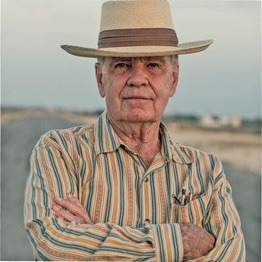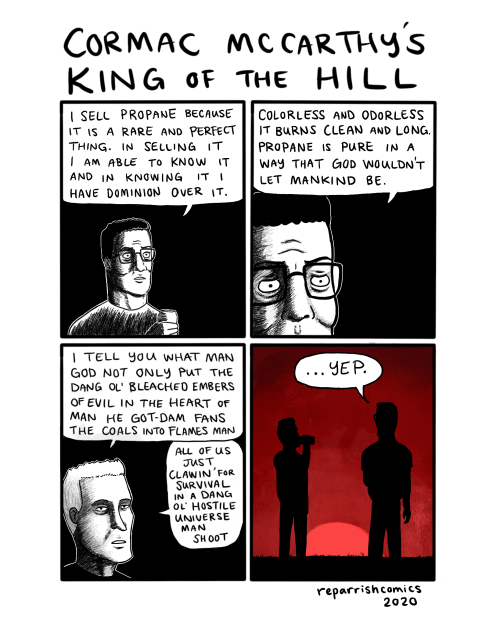#cormac mccarthy
“I’m not interested in writing short stories. Anything that doesn’t take years of your life and drive you to suicide hardly seems worth doing.”— Cormac McCarthy
I have a notebook that has tons of ideas and drawings; But you being a “creator”, like me. I'm sure you too have ideas. But How do you know if its the one?
Motivations over time of development change. Things that excited you as a game designers change. I have to always ask myself "What am I saying with this game"? and “What do I want to say at this point in time”?
“You forget what you want to remember, and you remember what you want to forget.” –Cormac McCarthy (THE ROAD)
Post link
When he woke in the woods in the dark and the cold of the night he’d reach out to touch the child sleeping beside him.
-The Road (2006), C. McCarthy
Post link
Once there were brook trout in the streams in the mountains. You could see them standing in the amber current where the white edges of their fins wimpled softly in the flow. They smelled of moss in your hand. Polished and muscular and torsional. On their backs were vermiculate patters that were maps of the world in its becoming. Maps and mazes. Of a thing which could not be put back. Not be made right again. In the deep glens where they lived all things were older than man and they hummed of mystery.
Post link

“[…] out there past men’s knowing, where the stars are drowning and whales ferry their vast souls through the black and seamless sea.”
Cormac McCarthy, Blood Meridian

“[…] and yet not alien none of it more than were their own hearts alien in them, whatever wilderness contained there and whatever beasts.”
Cormac McCarthy, Blood Meridian
“All things of grace and beauty have a common provenance in pain. Their birth in grief and ashes.”
-Cormac McCarthy, The Road
The pointlessness of Boris Johnson being ousted stems from the obvious fact that every British politician is essentially an interchangable blob of colonial malignacy and depravity, like Judge Holden from Blood Meridian. One of their number will simply carry on the same murderous work, ad infinitum. ‘He says that he will never die’.
A comparison between Boris Johnson and the Judge is frankly ridiculous and hysteric. It is the pure affectation and feminine hyperbole of a censorious market wench. The fact that you read Blood Meridian as a simple tale condemning colonialism means the epigraphs went over your head. The ultimate practitioner of the ultimate trade is not the Judge. It’s the Comanches.
Alrighty? The Judge’s luciferian qualities, in line with the novel’s overall Miltonian thrust, weren’t lost on me, so I think you’ve read a bit too much into my comparison. But as you’ve raised the point, it’s moronic to pretend that McCarthy didn’t use the senseless and irrational brutality of Manifest Destiny as a key manifestation of the all-consuming thanatotic force that Holden embodies. Blood Meridian’s depiction of genocidal colonialism as America’s founding story is intertwined with the novel’s more philosophical focus, and not contrary to it.
Agree on the Luciferian qualities of the Judge (the title he gives himself is really all you need to make the connection although there’s plenty more), but the brutality McCarthy writes of predates Manifest Destiny by millennia (remember the epigraph of an anthropological article about a human remain in Ethiopia showing evidence of “having been scalped”). Holden never states or maintains the doctrine of manifest destiny, the character who does, the captain that recruits the Kid to invade Mexico gets immediately and brutally killed by the Comanches along his entire expedition. Holden is concerned with brutality for brutality’s sake, not as a part of a political project of territorial expansion. He exists solely in the frontier, in the territories were anarchy reigns (the completion of that project means his end). The removal of the Indians was vital for that project I grant you that, but he kills pretty much anyone who comes into his path. He sells scalps and he is not particularly fuzzy about the source.It is also precisely my point that it is the Comanches the ones that truly embody the spirit of War, not the settlers. What you call “the irrational brutality of manifest destiny” is in no way more irrational or brutal than that of the Comanche war drive (though perhaps I would dismiss entirely the notion of irrationality in both examples). Just talk to an Apache ( who used to be brutal fighters and great warriors on their own) or a Pueblo Indian. If you had a basic knowledge of anthropology and history of the nations/tribes that inhabited the region you probably would not have made such a ridiculous simile, and if it had been for comic effect, I would have not objected to it, but this reply tells me it clearly wasn’t. Although on the other hand you seem stuck in 20th-21th century leftist college student hermeneutics, to the point I don’t think you are capable of understanding people who lived in other time periods, so I am not even sure that knowledge would do much for you.
P.S. If you think Ursula K. Le Guin is a valuable source for anthropology just forget my advice. You can’t be helped.
That’s a nice gnostic reading of the novel and of Holden. However, I think you understate the importance of the particular historical period McCarthy uses to explore not only violence, but a particular kind of violence developed by a society engaged in 'civilising’ others. He could have easily just set the novel in a prehistoric setting like that alluded to in the opening epigraph and concentrated on a simple story of timeless human warmaking. Instead, he chose to ground it in the American frontier and wrote it during an era when American imperialism was resurging. More generally, I think you’ve over-interpreted my posts and seem to be shadow-boxing. Critique of colonial violence doesn’t necessarily entail a naive, sentimentalised account of indigenous peoples like the Comanche - it doesn’t in Blood Meridian and it’s not something I argued, so I’m not sure where you’re getting that from?








I’m sitting in a broken down delivery truck, waiting for a tow, looking at pictures of some of my books, and wanting to be home






“In the neuter austerity of that terrain all phenomena were bequeathed a strange equality and no one thing nor spider nor stone nor blade of grass could put forth claim to precedence. The very clarity of these articles belied their familiarity, for the eye predicates the whole on some feature or part and here was nothing more luminous than another and nothing more enshadowed and in the optical democracy of such landscapes all preference is made whimsical and a man and a (book) become endowed with unguessed kinships.”
Cormac McCarthy, No Country for Old Men (2005)
Anything can be an instrument, Chigurh said. Small things. Things you wouldnt even notice. They pass from hand to hand. People dont pay attention. And then one day there’s an accounting. And after that nothing is the same. Well, you say. It’s just a coin. For instance. Nothing special there. What could that be an instrument of? You see the problem. To separate the act from the thing. As if the parts of some moment in history might be interchangeable with the parts of some other moment. How could that be? Well, it’s just a coin. Yes. That’s true. Is it?
Post link
Me and my buddy started a two-person book club focused on detective/hard case crime/mystery novels, a genre I haven’t really delved into. We sat down over coffee, eggs, and a list of about 100 books that we hodgepodged from a bunch of “Must Read” compilations. It turns out a list of 100 books would make even the keenest bookworm jump off a cliff, so we shaved it down to a feasible 5, the perfect single-digit number for any starter project.
Neither of us have read any of these books, some of which I’m kind of skeptical about, but still mostly excited to dive in to:
1. The Killer Inside Me, Jim Thompson
2. Eight Million Ways to Die by Lawrence Block
3. The Galton Case by Ross MacDonald
4. No Country for Old Men by Cormac McCarthy
5. The Spy Who Came in From the Cold by John Le Carré
I’ve already finished the Thompson joint, which was actually a little creepy but overall a pretty fun read. The narrator, Lou Ford, lives in his own world, so following a sequence of events from his deranged perspective is a bit of a thrill. Not sure I would pick up another one of his books though, and I’m hoping the other 4 dish out more of a ride.
I never would’ve pegged myself as the book club type, let alone a hard case crime one. But here I am, and there you have it. Also, this book club is totally inclusive, so anyone who wants to join can hop on. No initiation fees! No administrative costs! And we won’t ask you how you acquired your books (by thievery or purchase is up to you!) If you want to share thoughts or criticisms, please do. We’d love to hear what you all think.
Post link




“Keep a little fire burning;
however small, however hidden.”
Cormac McCarthy, The Road
“Keep a little fire burning; however small, however hidden.”
Cormac McCarthy, The Road
obsolete : to make footsore
obsolete : to become footsore
I read in Blood Meridian by Cormac McCarthy:
In the afternoon black Jackson caught them up, his mount surbated and all but blown.
